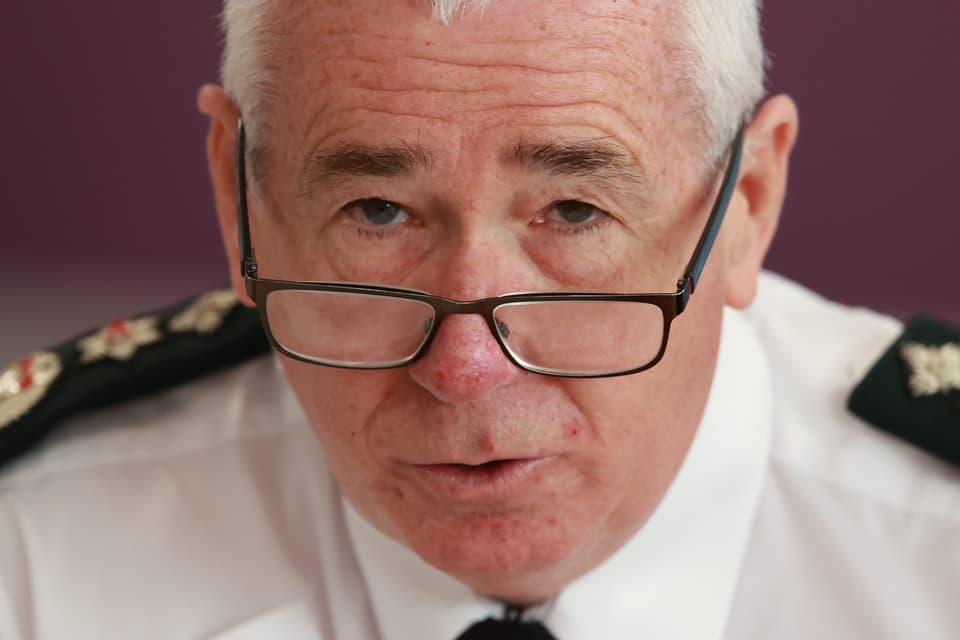
It came during a meeting of the Northern Ireland Policing Board on Thursday which focused on issues faced by police in their role dealing with legacy.
Chief Constable Jon Boutcher outlined his concerns around the costs in terms of financial and staffing resources, but also reputational damage because they had not been funded sufficiently to deal with legacy.

He urged more resources as well as a focus on victims, and that an approach to dealing with the past be agreed.
Dealing with the past was not included in the 1998 Belfast/Good Friday Agreement, and subsequent deals, including the Stormont House accord in 2014, were not progressed.
Sinn Fein MLA Gerry Kelly responded to Mr Boutcher, hailing what he said seemed to be a “new philosophy of approach” and potentially a “watershed moment”.
“I have sat in front of many chief constables and you’re the first chief constable who has said we need to change this in a radical way,” he said.
Mr Kelly also said that while “nothing is perfect”, the Stormont House Agreement saw most of the parties and the British and Irish governments in agreement.
He blamed the UK for “pulling out” of that agreement.
But DUP MLA Trevor Clarke said many in the unionist community felt “they were let down particularly by Sinn Fein and others”, and in reference to the party’s historic relationship with the Provisional IRA, said they were “the biggest cause of victims in Northern Ireland”.

“It seems ironic listening to Gerry speak at the minute that there is no reflection on what part Sinn Fein and the IRA played during the Troubles,” he said.
“I know it’s not Stormont, it’s not a political debating chamber but I think it has to be said that if everyone is to be honest and everyone wants to be honest, then everyone should be honest and should all come to the table honest in terms of the parts that they played during the Troubles, as opposed to working on the small numbers that the security forces were involved in.
“I certainly want to put on record our party’s concerns around the process, sympathies with police in how they deal with it, but there is a section of the community will never be satisfied unless the victim makers stand in the courts and actually own up to their part as well.”